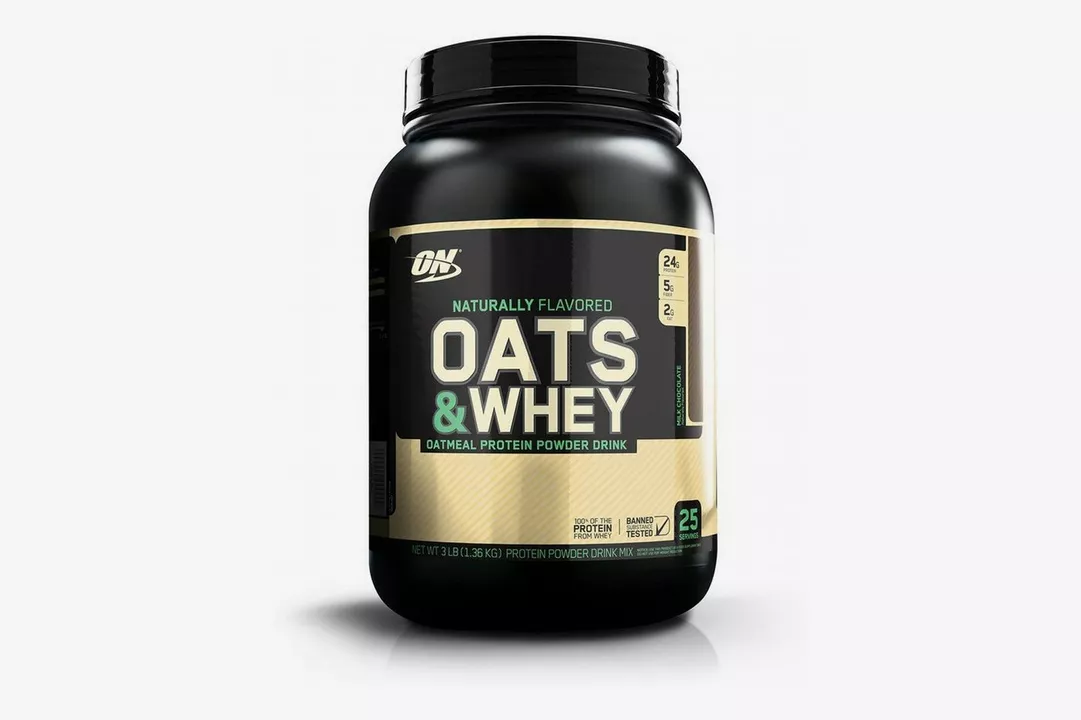Casein peptides: what they are and why they matter
Casein peptides come from milk protein. When casein is broken down (by digestion or manufacturing), it releases short protein chains called peptides. These peptides act differently than whole casein or whey: some absorb faster, some have bioactive effects, and many help supply a steady stream of amino acids. That makes them useful for muscle recovery, overnight feeding, and steady protein support between meals.
What casein peptides do and who they help
If you train hard, casein peptides can support muscle repair overnight. Unlike whey, which spikes amino acids quickly, peptides from casein can keep levels steady for hours. Older adults may also benefit: steady amino acids help reduce muscle breakdown during long gaps between meals. People recovering from surgery or illness sometimes use casein peptides because they’re easy to digest and provide a reliable amino acid source.
Some casein-derived peptides show minor signaling effects in the gut and immune system, but don’t expect magic. Think of them as practical nutrition tools: steady protein, easier digestion, and a flexible option for shakes, bars, or clinical feeds.
How to use casein peptides effectively
Pick your timing based on the goal. For overnight muscle support, take a casein peptide shake or micellar casein (20–40 g protein) 30–60 minutes before bed. Post-workout, whey is usually better for a fast amino acid spike; mix casein peptides with carbs if you want a slower, prolonged recovery window. Between meals, a smaller serving (10–20 g) can cut hunger and preserve muscle.
If you’re new to supplements, start low and test tolerance. Hydrolyzed casein peptides absorb quicker than micellar casein, so they may feel less heavy. People with digestive sensitivity often tolerate peptides better than whole milk protein.
Picking the right product: read the label. Look for grams of protein per serving, protein source (micellar casein vs. hydrolyzed casein/casein hydrolysate), and third-party testing (USP, NSF, Informed Sport). Avoid products with long proprietary blends where protein grams aren’t clear. Simple ingredient lists and clear protein content are better than fancy marketing.
Safety and allergies: don’t use casein peptides if you have a milk protein allergy — that can cause serious reactions. Lactose intolerance is different: many casein peptide products are low in lactose, but check the label. If you take medications or have a medical condition, ask a clinician before starting any new high-protein supplement.
Practical tips: combine casein peptides with a bit of healthy fat or fruit for taste and full calories. Mix with water for a light shake or milk for extra calories and slower digestion. If your goal is building muscle, use casein alongside a balanced diet and resistance training, not as a shortcut.
Want help choosing a product? Match serving protein to your daily needs, check third-party testing, and read reviews that mention real results and tolerability. Casein peptides aren’t necessary for everyone, but they’re a useful, practical option for steady protein support and overnight recovery.

Unlock the Power of Casein Peptides: The Ultimate Dietary Supplement for Health & Fitness Enthusiasts
May 21, 2023, Posted by Mike Clayton
As a health and fitness enthusiast, I'm always on the lookout for the latest and greatest dietary supplements. Recently, I discovered the power of casein peptides, a game changer for those of us looking to optimize our performance and overall health. These powerful protein molecules offer numerous benefits, such as improved muscle recovery, better sleep, and enhanced immune function. After incorporating casein peptides into my routine, I've noticed significant improvements in my workouts and overall well-being. I highly recommend fellow fitness enthusiasts to unlock the power of casein peptides and experience the ultimate dietary supplement for themselves.
MORESEARCH HERE
Categories
TAGS
- treatment
- online pharmacy
- dietary supplement
- side effects
- generic drugs
- medication adherence
- medication safety
- health
- dietary supplements
- health benefits
- online pharmacy Australia
- generic substitution
- adverse drug reactions
- thyroid disorders
- gabapentin
- treatment option
- calcipotriol
- blood pressure
- erectile dysfunction
- closer look
